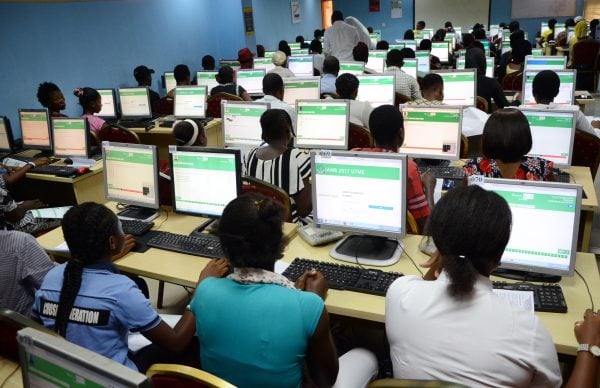 Chevron Nigeria has said it is expanding deepwater production in Nigeria in a sustained effort to expand new growth opportunities.
Chevron Nigeria has said it is expanding deepwater production in Nigeria in a sustained effort to expand new growth opportunities.
The Company said it is committed to further exploration and development of oil and gas resources by converting its joint venture and deepwater leases under the Petroleum Industry Act (PIA).
The Chairman and Managing Director, Chevron Companies in Nigeria, Mr. Jim Swartz, while speaking on Nigeria’s 65th independence anniversary, said the Company is proud of its partnership and contribution to the social and economic development of the country.
In over six decades of operation in Nigeria, Chevron Nigeria has continued to make significant investments in the country that have helped generate socio-economic development in several communities across Nigeria, Swartz said.
To further boost its business development, the Chairman said Chevron is executing infill drilling programs as part of its efforts to improve the current production base upon which the future can be sustained, and has also signed a 20-year renewal of four deepwater leases, in addition to planned infill drilling to mitigate production decline in its Agbami hub, non-operated Usan hub, and support for continued maturation of the Owowo development
He said entry into Oil Prospecting License 215 aims to boost deepwater development opportunities, while completion of seismic data acquisition across several of its deepwater leases aims to position itself for future exploration and demonstrate Chevron’s commitment to future growth in Nigeria.
The Chairman also mentioned the near-field discovery with the successful drilling of the Meji NW-1 appraisal well.
Swartz, while offering explanation on the business perspective of Chevron Nigeria said, “At Chevron Nigeria, we strive to build lasting relationships to help enable human progress now and into the future. Chevron has a long commitment to Nigeria. We have been making significant investments in Nigeria for over 60 years, contributing to the growth and development of the country.”
According to him, “Chevron Nigeria produces oil and natural gas from various fields, supplying domestic and international markets, while utilizing natural gas to produce diesel and naphtha. The joint venture between Chevron Nigeria Limited (CNL) and the Nigerian National Petroleum Company Limited (NNPCL/CNL JV) is one of the major natural gas suppliers to Nigeria’s domestic market and remains ahead in maximizing the supply of on-spec gas in the domestic and regional markets.”
He added that Chevron Nigeria has been successful in leading and investing in major initiatives which include the development of the Deep Water Agbami project which has produced over 1 billion barrels of oil; the development of the Escravos Gas Plant facility to enable the reduction of gas flares, processing of gas and the development of the Escravos Gas-to-Liquids (EGTL) facility.
The EGTL facility has helped to significantly reduce gas flaring and produce high quality products, including refined diesel.
Also, in partnership with other private and state entities from the Economic Community of West African States, Chevron led the development of the ~700km West African Gas Pipeline project through which Nigeria supplies gas to Benin, Togo, and Ghana, helping to boost economic development in the region.
“We prioritize local content and human capacity building as over 90% of our workforce in the country are Nigerians. We also provide contract opportunities to Nigerian companies in all our projects. Chevron supports the PIA, and we commend the efforts of the Federal Government of Nigeria to reposition the oil and gas industry for growth through several industry regulations,” Jim further stated.
Olusoga Oduselu, Chevron Nigeria’s General Manager, Corporate Affairs, highlighted the company’s focus on helping to engender the development of communities in the Niger Delta through the legacy Global Memorandum of Understanding, the current Host Community Development Trusts and the Foundation for Partnership Initiatives in the Niger Delta.
According to Olusoga, “Chevron Nigeria’s social investment footprint extends beyond its areas of operation. Among other health initiatives, Chevron Nigeria built and donated a DNA Molecular laboratory to the University of Lagos Teaching Hospital, and the facility is very significant to medical research in Nigeria.
At the height of the coronavirus (“COVID-19”) pandemic, Chevron Nigeria donated a Polymerase Chain Reaction laboratory to Warri Central Hospital to support the Delta State government in the fight against the COVID-19 pandemic, in addition to other industry-collaborations. Chevron Nigeria has also implemented health initiatives such as the Roll Back Malaria, Prevention of Mother to-Child transmission of HIV/AIDS and awareness programmes on River blindness.”
In its deep offshore operations, Chevron Nigeria has continued to implement projects and programmes in the areas of health, education, and socio-economic development across Nigeria. For instance, Star Deep Water Petroleum Company Limited (a Chevron company) and its parties in the Agbami field have been investing in fighting Tuberculosis (TB) with the construction and equipment of chest clinics in Nigeria to support the treatment and care of tuberculosis patients in Nigeria. Currently, twenty-eight such chest clinics, fully equipped with standard X-Ray machines, male and female wards, treatment rooms, laboratories and Gene Xpert Machines have been completed across the country to support Nigerian health system. The Agbami parties have also donated nine (9) mother-and-child health care centers and one medical diagnostics laboratory in some States in Nigeria. Some of the donated chest clinics and mother and childcare centers became useful for COVID-19 response in some states during the heat of the pandemic.
Chevron Nigeria continues to support development of education in the Niger Delta region and across the country through development of education infrastructure, capacity building and scholarships.
The scholarships include: the NNPC/CNL JV’s national university scholarship and the community scholarship program which caters for students in both secondary and tertiary institutions from communities in Chevron Nigeria’s areas of operations. Additionally, Chevron Nigeria awards scholarships to visually impaired students to enhance their access to quality education. Over 23,000 people have benefitted from the company’s scholarship programs which include scholarship for community postgraduates’ scholars in Nigeria and foreign universities.
Since inception of the Agbami Medical and Engineering Professional Scholarship programme in 2009, over 16,500 students from all the states of Nigeria have benefitted from the scholarship, out of which 715 students have graduated with first class degrees. Chevron Nigeria and its Deepwater parties have continued to invest in education infrastructure.
The parties have executed 39 Science laboratory complexes and 25 conventional and hybrid libraries across the country. Also, Chevron and its partners take a wide-ranging activity to encourage students to develop interest in key subjects of Science, Technology, Engineering, and Mathematics and, ultimately, pursue STEM courses and career.
Chevron Corporation has also sponsored certain global health and environmental-related initiatives that have an impact in Nigeria.
These efforts include the contribution to Global Fund against HIV/AIDS, malaria, and TB which has benefitted Nigeria in the areas of providing access to lifesaving antiretroviral therapy for people living with HIV, provision of long-lasting insecticide-treated mosquito nets and detection of tuberculosis cases. Also, as part of its efforts in environmental conservation, Chevron Nigeria with the support of Chevron Corporation, built and donated the Lekki Conservation Centre to the Nigerian Conservation Foundation in 1992.
The 78-hectare facility has become a center of excellence in environmental research and education, reserved as a sanctuary for the rich flora and fauna of the Lekki Peninsula, Lagos.
The CNL also sponsors the Junior Tennis tournament, the National Arts competition, and other activities by various organizations.
Chevron Nigeria is optimistic about the future of the oil and gas business in Nigeria. As the Chairman/Managing Director emphasized: “Chevron remains committed to our partnership in ensuring safe, reliable, and efficient operations in Nigeria and delivering a reliable, ever cleaner, and efficient energy supply for Nigeria, the West African region, and the world.”


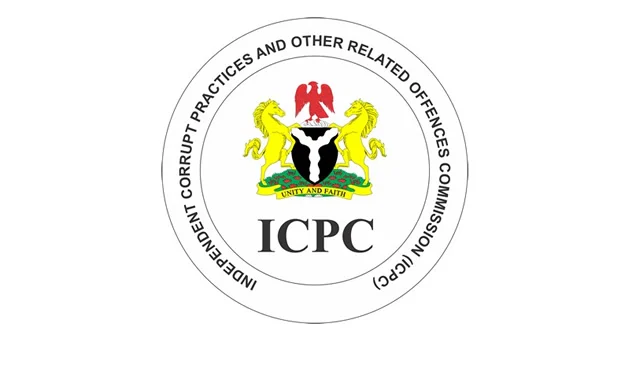

 The Association of Issuing Houses of Nigeria has said that the Central Bank of Nigeria’s aggressive interest rate hikes drove investors’ demand for fixed income instruments in 2024.
The Association of Issuing Houses of Nigeria has said that the Central Bank of Nigeria’s aggressive interest rate hikes drove investors’ demand for fixed income instruments in 2024.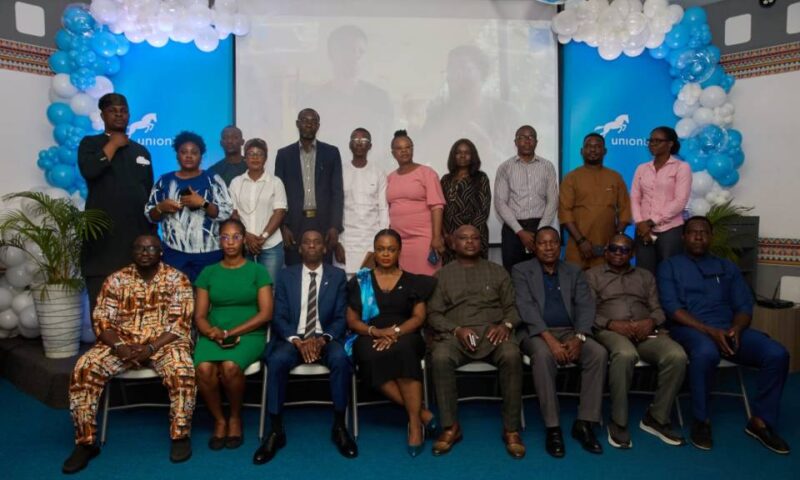

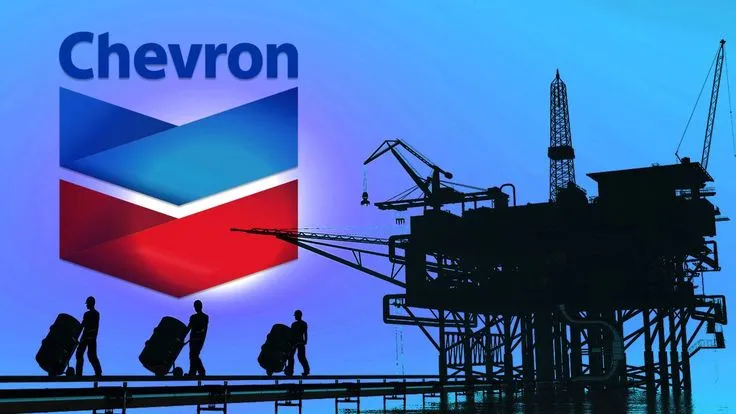
 Chevron Nigeria has said it is expanding deepwater production in Nigeria in a sustained effort to expand new growth opportunities.
Chevron Nigeria has said it is expanding deepwater production in Nigeria in a sustained effort to expand new growth opportunities.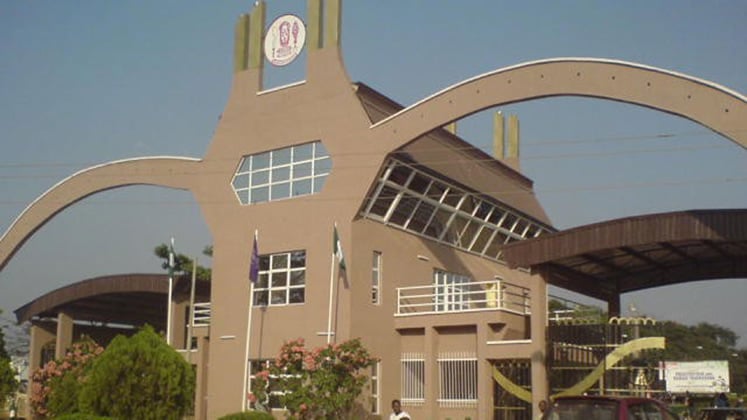
 The management of the University of Benin, on Monday, said about 5,000 students of the institution will miss the second semester examination over failure to pay school fees.
The management of the University of Benin, on Monday, said about 5,000 students of the institution will miss the second semester examination over failure to pay school fees.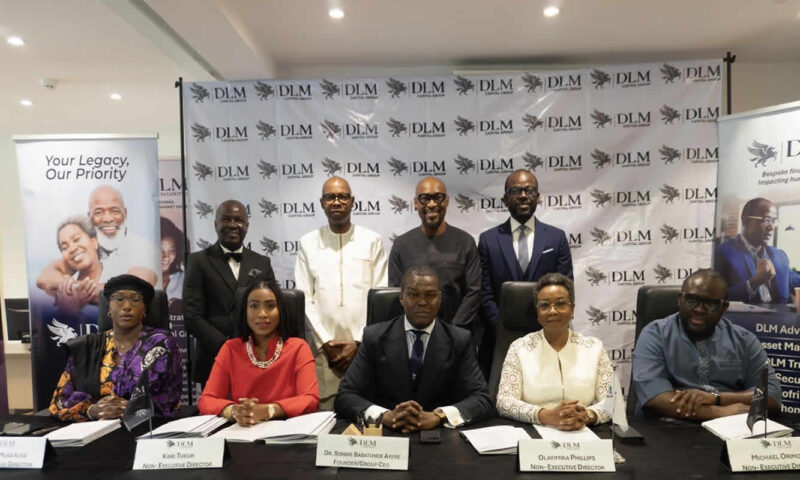
 In a step towards reshaping the Nigerian capital market, DLM Capital Group, a Nigerian development investment bank, has announced the successful completion of its N9 bn Series 1 Sovereign Bond Backed Composite Notes issuance under its N30 billion Medium-Term Note Programme.
In a step towards reshaping the Nigerian capital market, DLM Capital Group, a Nigerian development investment bank, has announced the successful completion of its N9 bn Series 1 Sovereign Bond Backed Composite Notes issuance under its N30 billion Medium-Term Note Programme.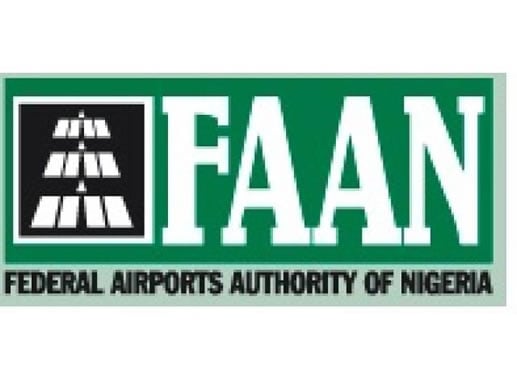
 The Federal Airports Authority of Nigeria has officially launched its new contactless payment system, branded the “Go Cashless” policy, with the goal of tripling its revenue while improving efficiency and transparency across the nation’s airports.
The Federal Airports Authority of Nigeria has officially launched its new contactless payment system, branded the “Go Cashless” policy, with the goal of tripling its revenue while improving efficiency and transparency across the nation’s airports.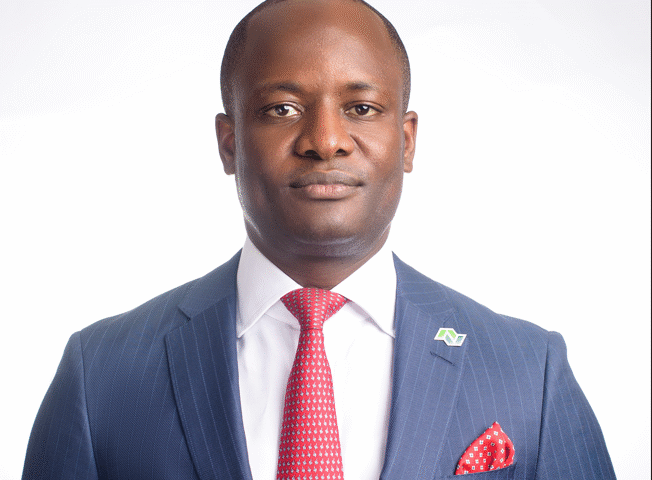
 Investors in Nigeria’s capital market will benefit from a N150m annual exemption under the new Capital Gains Tax regime, following a high-level stakeholder dialogue convened by the Nigerian Exchange Group on the Tax Reform Act 2024.
Investors in Nigeria’s capital market will benefit from a N150m annual exemption under the new Capital Gains Tax regime, following a high-level stakeholder dialogue convened by the Nigerian Exchange Group on the Tax Reform Act 2024.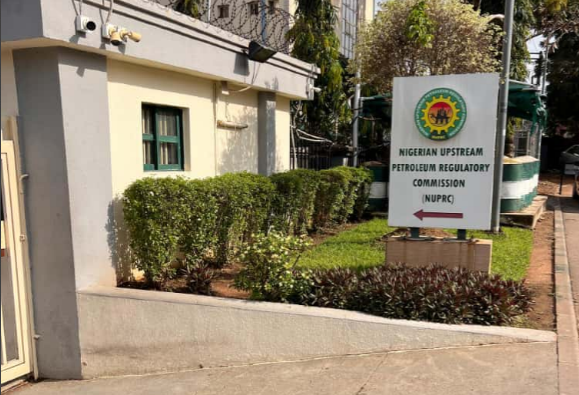
 The nationwide strike declared by the Petroleum and Natural Gas Senior Staff Association of Nigeria on Monday paralysed operations at key oil and gas regulatory institutions, including the Nigerian National Petroleum Company Limited, the Nigerian Upstream Petroleum Regulatory Commission, and the Nigerian Midstream and Downstream Petroleum Regulatory Authority.
The nationwide strike declared by the Petroleum and Natural Gas Senior Staff Association of Nigeria on Monday paralysed operations at key oil and gas regulatory institutions, including the Nigerian National Petroleum Company Limited, the Nigerian Upstream Petroleum Regulatory Commission, and the Nigerian Midstream and Downstream Petroleum Regulatory Authority.